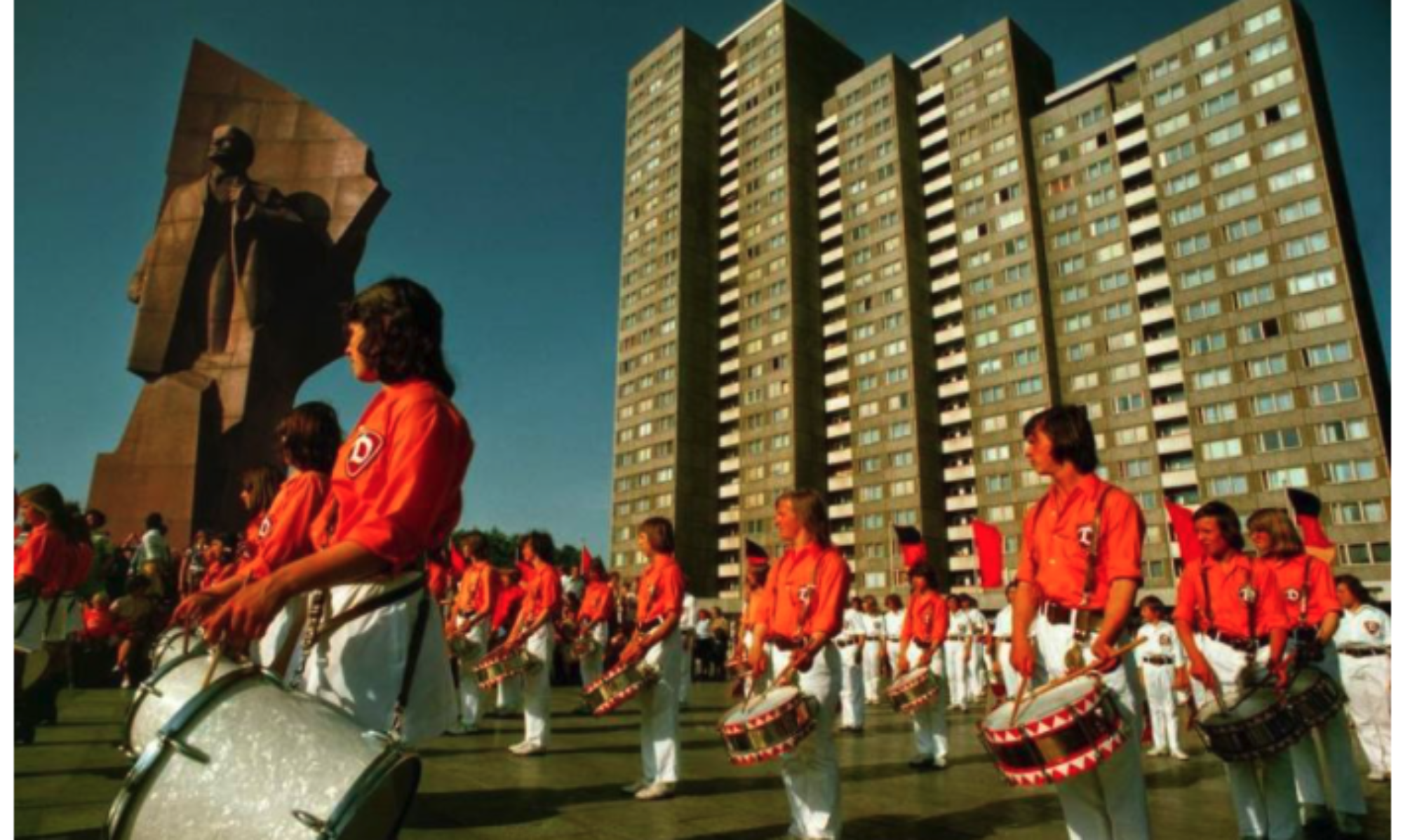On page 157 of Garrard’s “Punk and the State of Youth in the GDR,” the author states that:
“In 1971, Erich Honecker, General Secretary of the Central Committee of the SED, stated that so long as ‘one proceeds from the solid premises of socialism, there can be, in my opinion, no taboos in the realm of art and literature.’ A brief period of greater freedom for those engaged in the cultural sphere followed in the early 1970s.”
However, she continues to note that be the mid to late 1970s, regardless of what Honecker had stated, the state began to expel artists and crack down on culture. We also know that both the earlier and later East German punk movements were influenced in part by British rock bands (The Beatles being part of the earlier wave and bands like The Damned being one of the later). With these bands came topics and ideas that the East was not accustomed to. It leads me to wonder just how valid reservations by government officials were. Was the state concerned with the influence such groups had and worrying that this would lead to Western sympathies? Was Honecker ever willing to be tolerant to such cultural movements, or was his statement merely a coverup for a more conservative effort aimed at opposing any rebellious nature from the younger generations?
We know from the various music festivals that occurred in the late 80s and early 90s, when communism was on the way out, that there was finally an ability to openly expressed oneself through this type of music. Had the GDR endorsed or tolerated these movements, would it have given more power to the government in the form of the youths’ approval that might have significantly altered the Cold War? It leaves one to wonder.
